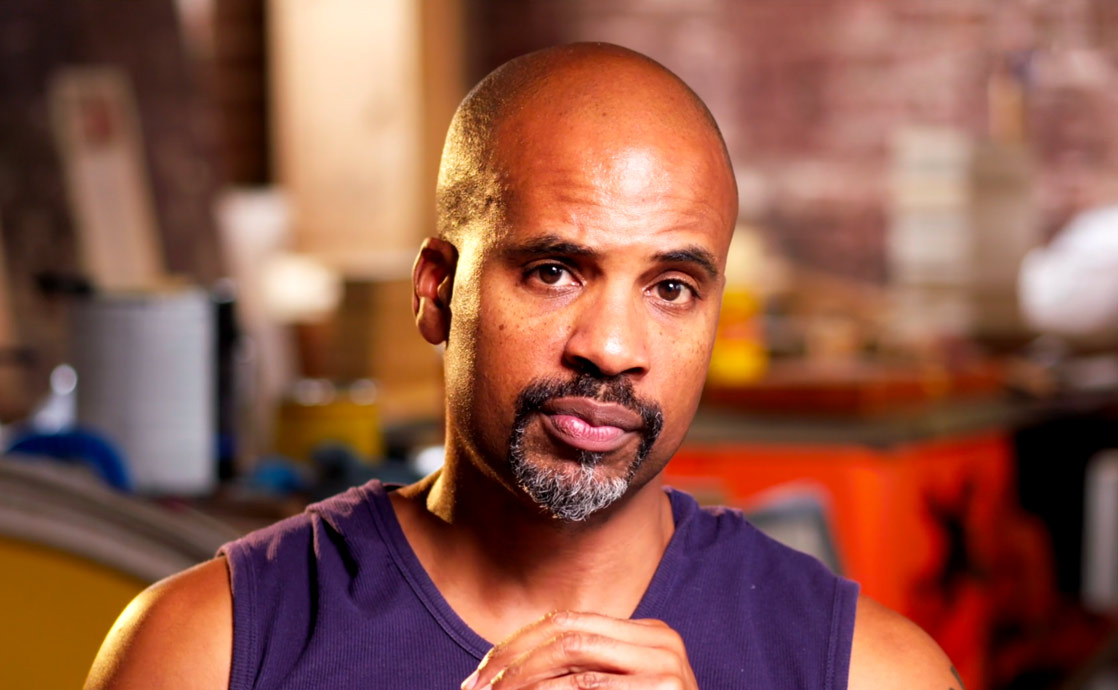The intersection of trauma and racism presents a multifaceted challenge that requires deep introspection and collective action. In the context of Baha’i teachings, exploring these themes invites us to ponder a profound and playful question: How can we transform the pain of racial trauma into a catalyst for communal healing and spiritual elevation? This reflection contemplates the repercussions of racism and trauma within the framework of Baha’i principles, offering a comprehensive examination of our responsibilities as individuals and as a society.
To embark on this exploration, we must first define trauma and its manifestations. Trauma is not merely an individual affliction; rather, it reverberates through communities, influencing behavior, relationships, and even societal structures. Racism, deeply embedded in systemic inequalities, exacerbates the prevalence of trauma among marginalized groups. The Baha’i Faith posits that humanity is one family, emphasizing unity and the eradication of prejudice. In this light, the trauma caused by racism undermines not only the dignity of individuals but also the integrity of the collective human experience.
At a fundamental level, Baha’i teachings illuminate the necessity of understanding the spiritual underpinnings of racism. It is essential to recognize that racism is contrary to the divine principles of equality and oneness. Baha’u’llah, the Founder of the Baha’i Faith, articulates that “the earth is but one country, and mankind its citizens.” This profound assertion challenges us to confront the insidious nature of racial prejudice and to seek remedies anchored in love and respect. The struggle against racism is thus not merely a social endeavor; it is an urgent spiritual imperative.
Ponder for a moment the implications of this idea: How different would our approach to healing be if we acknowledged the spiritual dimensions of racism? Baha’i teachings advocate for a twofold approach to address this challenge—individual transformation and collective action. Each requires an understanding of the unique experiences of those who have borne the weight of racial trauma, prompting us to listen with empathy and compassion.
Individual transformation involves a rigorous examination of personal biases and a commitment to eradicating them. It recognizes that racism is not solely an act of overt hostility but often manifests in subtle, unconscious ways, which may inadvertently propagate stereotypes or prejudices. Engaging with this self-reflective process can lead to a deeper understanding of oneself and the systems of oppression that persist in society. It calls for a continuous commitment to education, mindfulness, and moral development—a fundamental premise within Baha’i philosophy.
Having addressed the individual aspect, the collective dimension necessitates a collective awakening and mobilization. Communities must unite to foster environments that stimulate dialogue, understanding, and action. This requires the establishment of spaces where individuals of different backgrounds can share their stories, thus illuminating the pervasive nature of trauma resulting from racism. By creating safe environments for expression, we allow the cathartic process of storytelling, which can guide the community toward healing.
Furthermore, the Baha’i principle of consultation plays an indispensable role in this collective endeavor. Through consultation, diverse voices contribute to a shared understanding and strategic collaboration to address racial injustice. It empowers communities to develop initiatives aimed at dismantling systemic barriers. This multidimensional approach aligns with the understanding that healing is a communal undertaking, where every member contributes to the fabric of resilience and recovery.
However, while striving for unity, it is crucial to acknowledge the complexities that arise when addressing the traumas of different racial groups. Each group carries a distinctive historical and cultural legacy that informs their experiences of racism. Acknowledging these nuances is essential to avoid a monolithic narrative, which can dilute the authenticity of individual experiences. Baha’is are called to honor these distinctions while simultaneously promoting the overarching principle of oneness. This can be perplexing—how do we balance individuality with collective identity? The answer lies in the Baha’i concept of integral unity, which embraces both diversity and cohesion.
Moreover, trauma and racism intersect with various social issues, including economic disparity, educational inequities, and health disparities. Addressing these intersections requires a holistic strategy that not only denounces racism but also seeks to rectify the myriad injustices that arise from it. Baha’i teachings underscore the necessity of promoting justice—considered a divine attribute—as pivotal to establishing a society that champions equality and healing.
In the Baha’i view, the struggle against racism does not conclude with awareness; rather, it extends to a call for action grounded in love and service. This service may manifest in various forms, such as advocacy, social reform initiatives, or educational programs aimed at fostering cross-cultural understanding. Engaging in these endeavors embodies the Baha’i spirit of service and reinforces our responsibility to contribute to the well-being of humanity.
As we contemplate the themes of trauma and racism within the Baha’i framework, we encounter a vital question: How can we ultimately transform the collective sorrow and suffering into a powerful force for spiritual awakening and social progress? This transformation necessitates a paradigm shift, wherein trauma does not signify despair but rather embodies a profound opportunity for personal and societal growth.
In conclusion, addressing trauma and racism is both a challenge and an opportunity—a crucible through which the strength of the human spirit can emerge. Baha’i teachings, with their emphasis on unity, justice, and love, provide a robust framework for confronting these pressing issues. As we engage with this complex dialogue, let us embody the principles of the Baha’i Faith, transcending barriers, nurturing empathy, and cultivating a more just and compassionate world.
